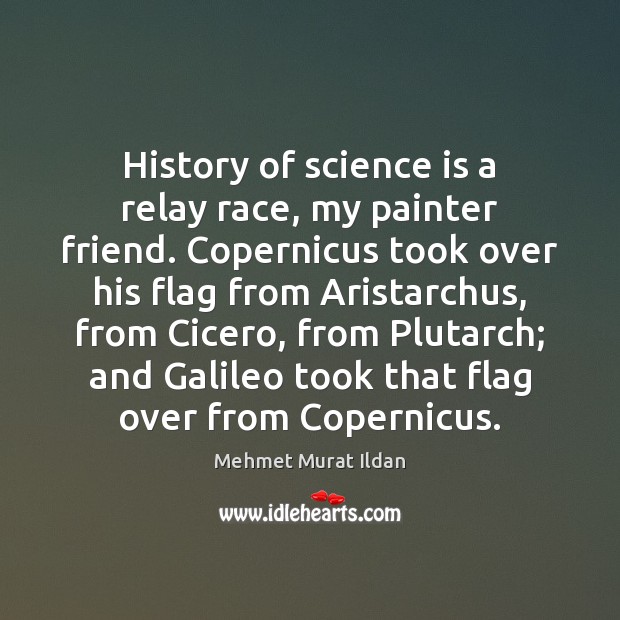Engaging with the past is a dangerous game- err on the side of infatuation, and traditionalism can inhibit the growth of knowledge. Those who disregard it altogether, however, find themselves repeatedly starting in square one. A valuable part of the Renaissance was the way it encouraged innovation on the building blocks of the past. A classic example of this is found in Petrarch’s letters to Cicero, at once extolling him and condemning him. He is so obviously invested in the old documents he’s reading, having an intimate knowledge of philosophies posited by Cicero. Such an attitude encouraged participators in the Renaissance to take part in the same battle of Progress as their predecessors, making use of their proper tools and cultural context to move the work forward. People such as Petrarch, da Vinci, and Michelangelo seemed to feel a religious fervor to self-improvement; to truly test the limits of mankind.
The Digital Age demonstrates the same principle- as our generation has all at once more access to historical knowledge than ever before, so are we catapulted into a time of unprecedented growth- not only the velocity of our society, but its acceleration. We depend on individuals devoted to learning the lessons of the past and using it as leverage to move forward. The Renaissance ought to be viewed as a model in how to interact with the past to create something new. As we become allies and familiar with its set of characters, so may we become necessary links to future generations united in the same cause.
 https://www.idlehearts.com/images/history-of-science-is-a-relay-race-my-painter-friend-copernicus-took.jpg
https://www.idlehearts.com/images/history-of-science-is-a-relay-race-my-painter-friend-copernicus-took.jpg
I like what you said about "those who disregard it [the past] altogether, however, find themselves repeatedly starting in square one." Being a part of the "sandwich" generation, I can see the value of learning and respecting those who have gone before us. But I absolutely love to hear about and see the progress of my children's creativity and those of their generation.
ReplyDeleteAndrew I think you hit home on one of the most valuable components of the Renaissance. "It encouraged innovation on the building blocks of the past." The people of the Renaissance didn't go back to exactly how things were done before, but instead they improved what had already been done. This is a huge lesson for us in our day that we do not need to reinvent the wheel, but rather just identify ways that we can improve it.
ReplyDeleteI love the idea introduced in your first sentence--that we have to be wary when looking into the past. We generally focus on the positive aspects of 'ad fontes,' but you brought up a very important principle. I'm reminded of Lot's wife, when she looked back and turned into salt. It wasn't so much that she turned back, but that she turned back with longing. Petrarch's letters to Cicero are almost borderline longing, but he does what all of us must do: he learns from the past and moves forward.
ReplyDelete